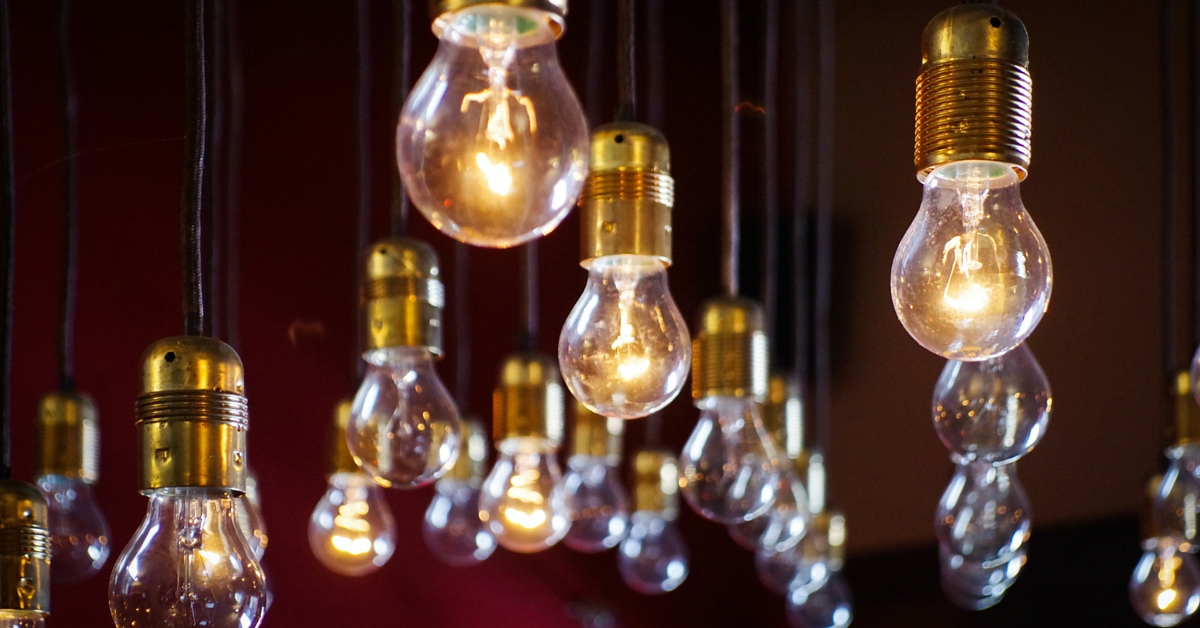How Sewage Water Could Become the next Source of Electricity in Kerala
A team of scientists at Amrita School of Biotechnology in Kerala has developed a technology to generate power from sewage water.

A team of scientists at Amrita School of Biotechnology in Kerala has developed a technology to generate power from sewage water. Called Microbial Fuel Cells (MFCs), the technology is in its early stages of execution but has the potential to provide an alternate source of energy.
MFC is basically a biochemical reactor that uses the metabolism of microorganisms in sewage water to convert the chemical energy of feedstock into electricity.

Picture for representation only. Source: pexels.com
“MCFs can produce electricity from organic waste water. The waste water acts as a substrate for the microorganisms. Microbial digestion of the organic waste will generate electrons which the MFC can harvest,” Ajith Madhavan, Senior Lecturer at Amrita School of Biotechnology told Hindustan Times.
He added the process also leads to the treatment of sewage water, making it suitable for harmless discharge. So the MFC acts as an energy generator and a bioremediation unit – meaning a unit that uses microorganisms to consume and break down environmental pollutants.
According to Ajith, if they scale up MFCs using appropriate technology, the generated power can be exported to the utility grid directly, or can be used for individual units to power rural lighting systems, mobile phones, etc.
Like this story? Have something to share? Email: [email protected], or join us on Facebook and Twitter (@thebetterindia). To get positive news on WhatsApp, just send ‘Start’ to 090 2900 3600 via WhatsApp.
If you found our stories insightful, informative, or even just enjoyable, we invite you to consider making a voluntary payment to support the work we do at The Better India. Your contribution helps us continue producing quality content that educates, inspires, and drives positive change.
Choose one of the payment options below for your contribution-
By paying for the stories you value, you directly contribute to sustaining our efforts focused on making a difference in the world. Together, let’s ensure that impactful stories continue to be told and shared, enriching lives and communities alike.
Thank you for your support. Here are some frequently asked questions you might find helpful to know why you are contributing?


This story made me
-
97
-
121
-
89
-
167











